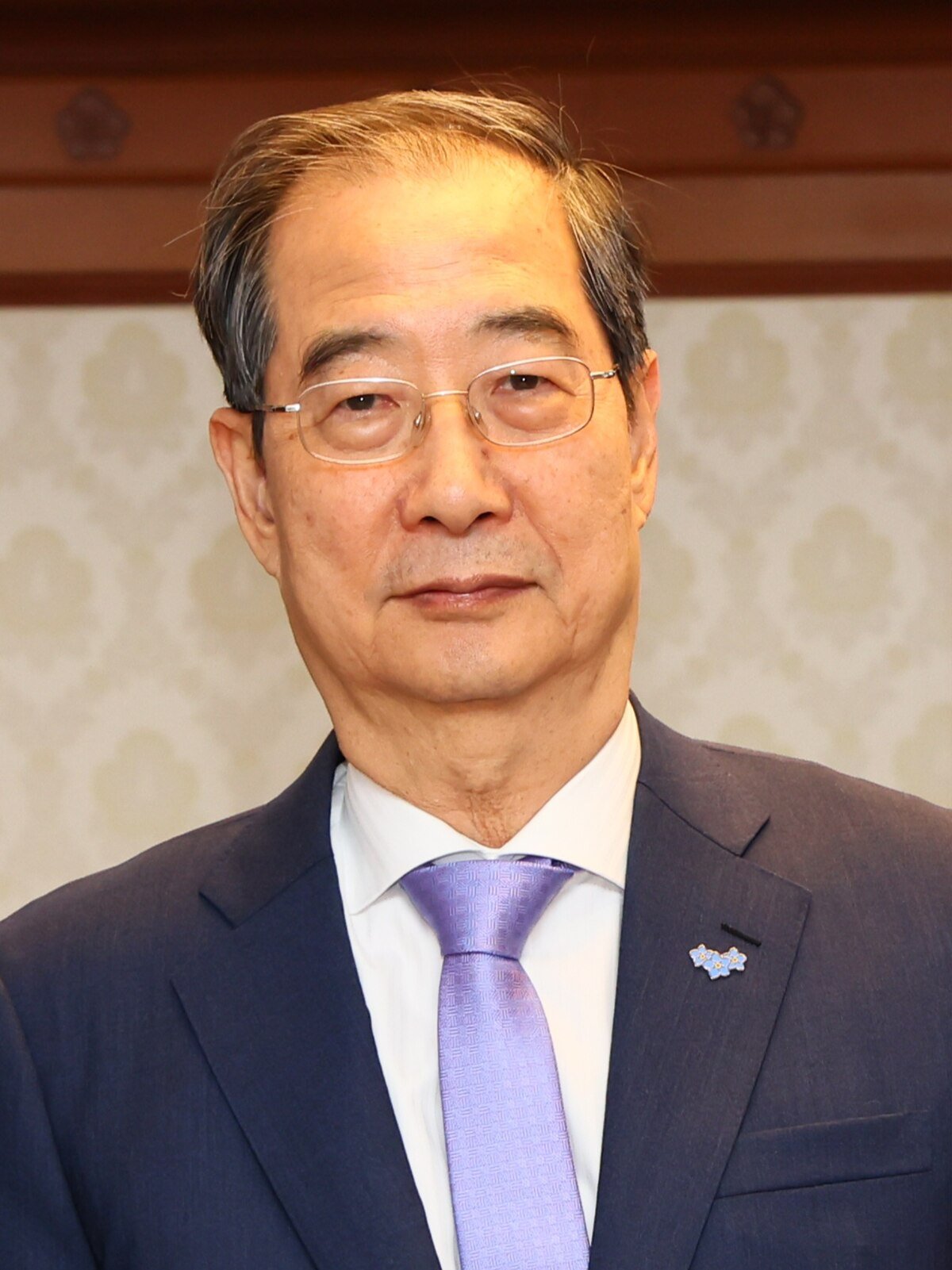
First Vice Finance Minister Kim Byoung-hwan, the nominee to head the Financial Services Commission, said he must put in all efforts to bring down the fast growth of household debts on Friday.
Kim, a 53-year-old macroeconomics expert, was tapped to the post to lead the country’s top financial policy-making unit, according to the presidential office’s announcement made on the previous day.
“With the prolonged high interest rates and inflation, risks are building up in the vulnerable parts of the financial system,” Kim told the press while en route to his office in central Seoul to prepare for his confirmation hearing.
Kim stressed his priorities are initiating a soft landing in the risks associated with real estate project financing loans; small business owners and self-employed individuals; household debts; and savings banks.
The chief nominee said household debt in Korea was still under control, although it was very high. The outstanding value of household debt taken out at the top five local banks stood at 708.57 trillion won ($507 billion) as of end-June, marking a 5.34 trillion won increase on-month. It was the sharpest growth since July 2021.
“The ratio of household debt to the gross domestic product has decreased over the past two years under the current administration,” Kim said.
The ratio fell to 91.1 percent in the first three months of this year, shedding 2.5 percent on-quarter.
“The principle is to pursue the previous FSC measures (to handle the debt) and I will take further actions considering the market situation,” he said. “But I believe we need to change the way we have relied on debt.”
Kim said the Korean capital market had further room for growth this year, including the government’s latest push to boost the local stock market with the “corporate value-up program.”
“The program is about enhancing the market valuation of companies and sharing the outcome with shareholders, enabling both the companies and shareholders to grow,” he said.
While Korea has failed to join influential market benchmarks such the Morgan Stanley Capital International’s Developed Market Index and the Financial Times Stock Exchange Russel’s World Government Bond Index, Kim said the local capital market had significantly improved over the years.
“We have improved foreign investors’ access to both capital and foreign exchange markets. The forex market operation hours have been extended since Monday and how investors would interpret the change will be crucial for the WGBI listing announcement slated for September,” Kim said.
“There are several hurdles for the MSCI listing, apart from the short selling ban. I believe we would be able to discuss (the listing) with the MSCI (operator) after we work out appropriate measures to block unfair trading and resolve the market distrust until March,” he said.
Though the global cryptocurrency industry hit a milestone earlier this year with the US Securities and Exchange Commission’s approval of spot bitcoin exchange-traded funds, the local authorities have maintained a conservative stance on their introduction.
“The important task is to have the Act On The Protection Of Virtual Asset Users take place first,” he said, referring to the new law which will come into enactment on July 19. “Meanwhile, there are further considerations to be made for spot bitcoin ETFs.”
Kim studied economics at Seoul National University and began his bureaucratic career in 1994. He was in the presidential secretary for economy and finance for President Yoon Suk Yeol and served as the first vice finance minister overseeing macroeconomic policies and taxation. If appointed, he would be the youngest-ever chairman of the FSC.






